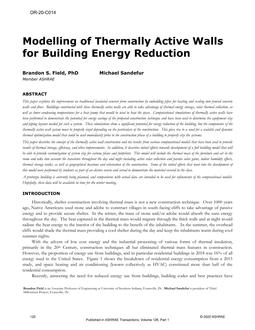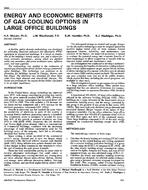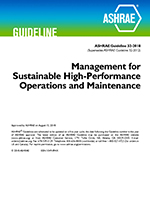The room air distribution design (selection and placement of supply diffusers and exhaust openings) plays a major role in minimizing transmission of airborne pathogens in infectious isolation rooms and plays a primary role in occupant comfort. This work demonstrates the use of computational fluid dynamics, an airflow simulation tool, to evaluate the effectiveness of a particular design in meeting these design goals. Several air distribution schemes for an actual patient isolation room are evaluated. Results show that the use of non-aspirating laminar flow diffusers may not be as critical to controlling contaminants within the room as currently believed, with supply diffuser and exhaust opening placement having a more significant impact on performance.
Paper from IAQ 2004 — Critical Operations: Supporting the Healing Environment Through IAQ Performance Standards
Units: Dual
Citation: IAQ Conference: IAQ 2004
Product Details
- Published:
- 2004
- Number of Pages:
- 8
- File Size:
- 1 file , 2.6 MB
- Product Code(s):
- D-22540


